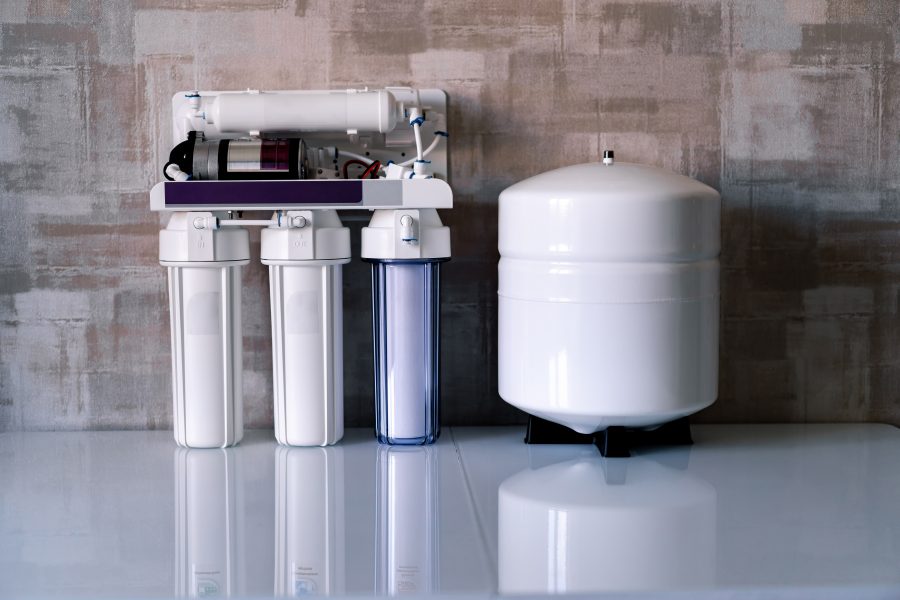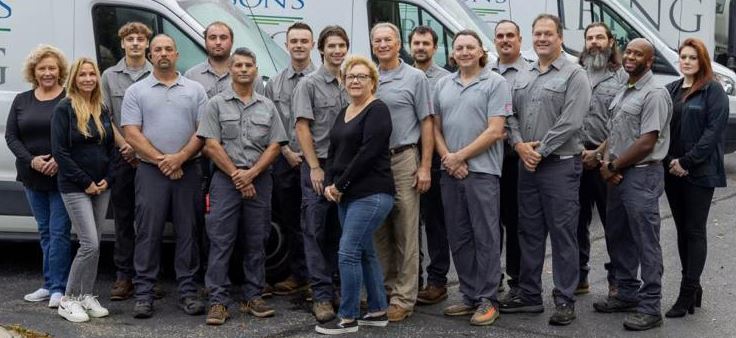
Water is life’s essence, essential for our survival and well-being. However, with increasing pollution and contaminants in our water sources, ensuring access to clean and safe water has become a global challenge. In the realm of plumbing, where water quality is paramount, innovations in water purification technologies have been instrumental in addressing this challenge. Let’s delve into the world of water purification innovations and how they are revolutionizing the way we access clean water.
- Reverse Osmosis: Reverse osmosis (RO) technology has long been hailed as a game-changer in water purification. By using a semipermeable membrane to remove impurities, RO systems can effectively eliminate contaminants such as lead, chlorine, and bacteria from water, producing high-quality drinking water. What’s more, advancements in RO systems have led to increased efficiency, reduced water wastage, and improved overall performance, making them an indispensable tool for ensuring clean water in both residential and commercial settings.
- UV Water Purification: Ultraviolet (UV) water purification is another innovative technology gaining traction in the plumbing industry. UV light is used to disinfect water by destroying the DNA of microorganisms, rendering them harmless. Unlike traditional chemical-based disinfection methods, UV purification leaves no chemical residue and does not alter the taste or odor of water. This makes it a safe, eco-friendly, and cost-effective solution for eliminating bacteria, viruses, and other pathogens from water, ensuring it is safe for consumption.
- Smart Filtration Systems: With the rise of smart technology, filtration systems have also undergone a significant transformation. Smart filtration systems leverage sensors, IoT connectivity, and data analytics to monitor water quality in real-time, allowing for proactive maintenance and optimization. These systems can detect changes in water pressure, flow rate, and contaminant levels, enabling prompt intervention to ensure consistent water quality. Moreover, smart filtration systems can be remotely controlled and monitored via smartphone apps, providing users with greater convenience and control over their water purification systems.
- Nanotechnology: Nanotechnology has emerged as a promising frontier in water purification, offering novel solutions for removing contaminants at the molecular level. Nanomaterials such as carbon nanotubes, graphene, and nanoporous membranes possess unique properties that make them highly effective in adsorbing and filtering out impurities from water. By harnessing the power of nanotechnology, researchers and engineers are developing advanced filtration membranes and adsorbent materials that can selectively target specific pollutants, thereby enhancing the efficiency and performance of water purification systems.
- Desalination: As freshwater sources become increasingly scarce, desalination technologies have gained prominence as a viable solution for addressing water scarcity issues. Desalination involves removing salt and other minerals from seawater or brackish water to produce freshwater suitable for drinking, irrigation, and industrial applications. While traditional desalination methods such as thermal distillation and reverse osmosis have been in use for decades, ongoing research efforts are focused on developing more energy-efficient and sustainable desalination technologies, such as forward osmosis and membrane distillation, to make desalination more cost-effective and environmentally friendly.
Innovations in water purification technologies are reshaping the landscape of the plumbing industry, enabling us to overcome the challenges of water contamination and scarcity. From advanced filtration systems to cutting-edge nanotechnology, these innovations hold the key to ensuring access to clean and safe water for generations to come. As a plumbing company committed to excellence, embracing these innovations can not only enhance your service offerings but also contribute to the greater good by safeguarding public health and protecting our planet’s precious water resources.
